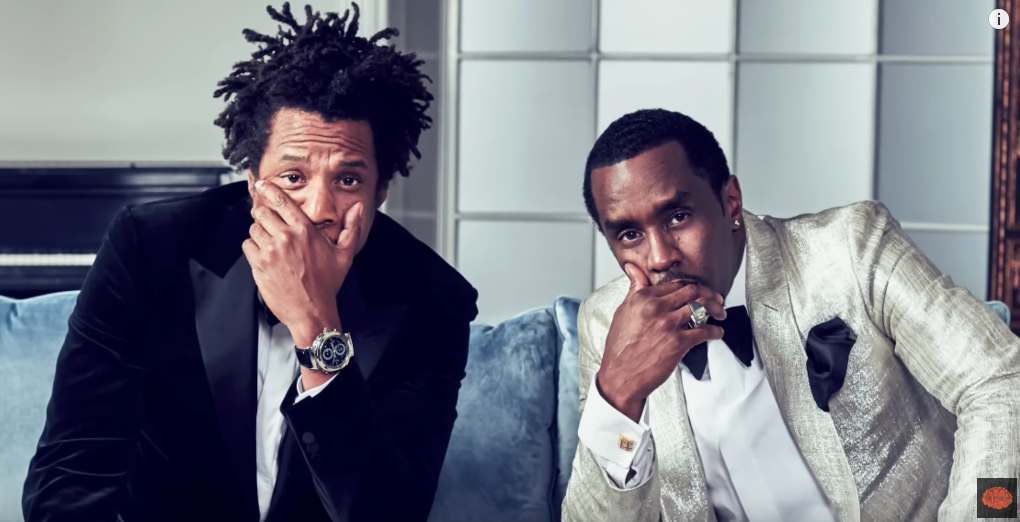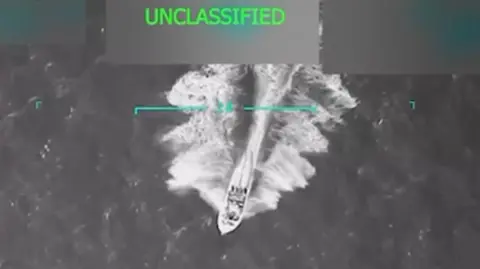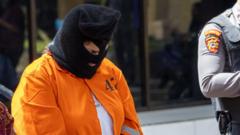The text message came from Dubai with a Santa emoji. OK lads. No need for luck. Really this couldn't be any more straightforward. Just relax and this will all be over soon.
It was sent to a fisherman from Ukraine and an unemployed man from Teesside who were sailing to the middle of the Irish Sea to collect cocaine from a passing cargo ship, the MV Matthew.
As it turned out, they needed plenty of luck, and very little was straightforward.
The two men were part of an audacious attempt to traffic more than 2.2 tonnes of cocaine into the UK and Europe. It ended in failure, with a successful strike against the powerful drug cartels by the Irish authorities.
Eight men were convicted and jailed for a total of 129 years. All of the cocaine was destroyed.
But despite this result, law enforcement agencies across Europe admit they are struggling to stop the growing quantity of cocaine crossing the Atlantic from South America.
The Maritime Analysis Operations Centre (MAOC), which polices the transatlantic drug trade, says 100 ships suspected of trafficking drugs to Europe were not stopped last year because the authorities didn't have enough vessels to intercept them.
We have the intelligence of the vessel that's crossing the Atlantic... that it's loaded at that time, and still we don't have the interception assets available, its director, Sjoerd Top, tells Panorama.
Up to 600 vessels are monitored by MAOC each day, while record amounts of cocaine are being produced in South America, he adds.
UK users consumed 117 tonnes of cocaine last year, the UK's National Crime Agency reported. The number of cocaine-related deaths has risen ten-fold since 2011.
The drug is usually shipped in large container ships to European ports like Rotterdam and Antwerp. But security has been tightened there, so smugglers are looking for alternative routes.
Many are now using at-sea drop-off methods, unloading bales of cocaine from a mother vessel to be picked up by a smaller daughter craft and taken to shore.
We've intercepted tonnes of cocaine in the last six months alone, multiple one, two tonne seizures through this method at sea, Charlie Eastaugh, UK Border Force maritime director, tells us.
But the cartels are unrelenting and have increasingly been targeting Ireland - the only European country with an open border with the UK - as a back door.
Ireland has almost 2,000 miles of coastline, much of it ideal for smuggling, with many hundreds of isolated inlets.
The country's defence forces help combat the cartels. Ireland has the lowest defence spending in the EU, just 0.2 % of GDP. The Irish Naval Service has eight ships but can usually put just two to sea because of a shortage of sailors.
We have 132,000 square miles of water under our jurisdiction. A responsibility to the EU for 16% of European waters… two ships. It doesn't make any sense, former naval commander Eugene Ryan says.
While the record cocaine seizure on the MV Matthew was a success for the Irish state, it also showed the potential weaknesses in the country's defences.
A group of cartels, believed by law enforcement to be led by the notorious Kinahan organised crime group, bought the cargo ship for around £10m in August 2023.
In mid-September, three men were sent to buy a trawler called the Castlemore in the fishing port of Castletownbere, in the south-west of Ireland.
They were Ukrainian Vitaliy Lapa, Jamie Harbron from Stockton-on-Tees and a Scottish man who had arrived from Dubai - who police called Person of Interest One.
Police were watching as the Scotsman oversaw a €300,000 (£260,000) payment from a building company in Dubai. Panorama has identified him as Glaswegian Stefan Boyd - although it is not known if he played a wider role.
Lapa and Habron took the Castlemore to sea on Friday 22 September, not knowing that police had fitted a tracker to the vessel.
The police later obtained messages that showed the crew were getting instructions from Dubai.
The Irish authorities tracked the MV Matthew and the Castlemore over the next two days, as the two vessels attempted, but failed, to rendezvous in the Irish Sea during storms.
As the weather worsened, the Iranian skipper of the MV Matthew, Soheil Jelveh, wanted to head north, but his Dubai bosses warned him to avoid UK waters. The Irish coastguard has VHF only, the British coastguards have boats too, they messaged.
On Sunday night, the Castlemore ran aground on a sandbank in the storm and the traffickers on the trawler had to call the Irish coastguard to save them. They were winched to safety by helicopter.
Against the odds, and despite the shortage of ships and helicopters, the drug bust was a win for the Irish state.
Drug trafficking is a growing problem across Europe - and those leading the fight say every country needs to do more to stop it.


















